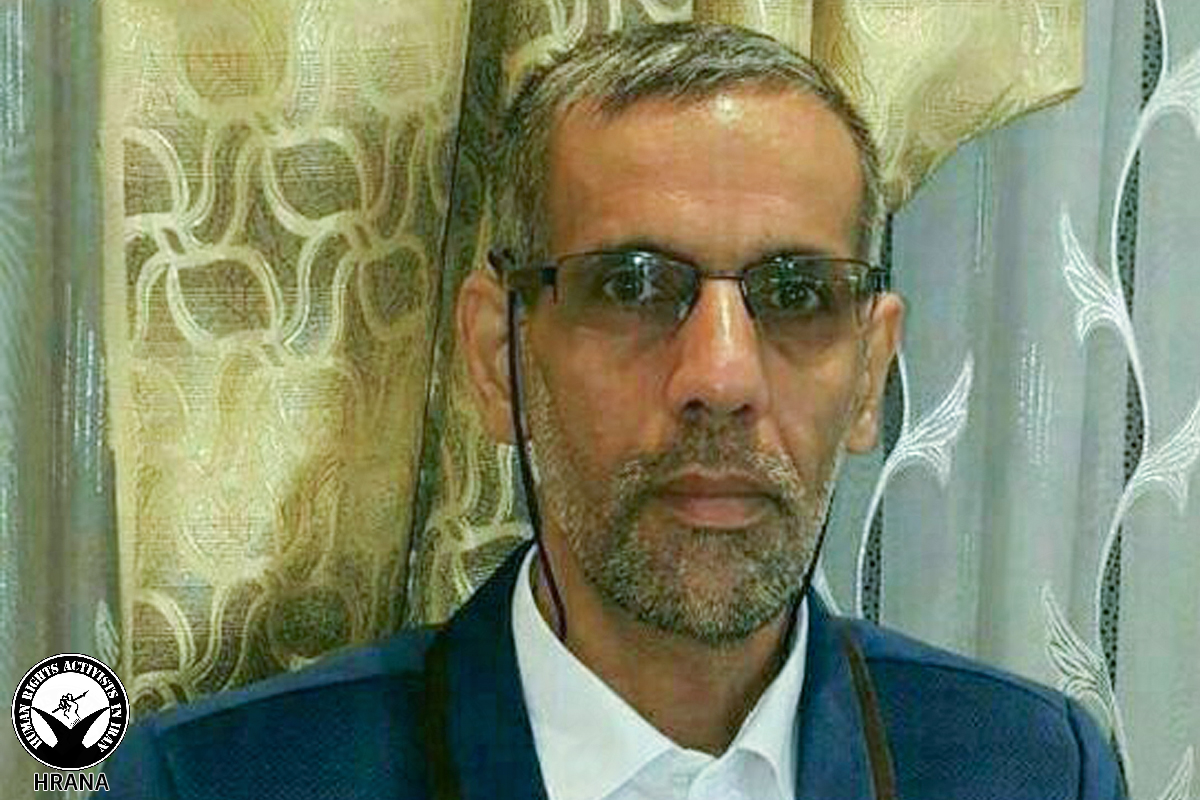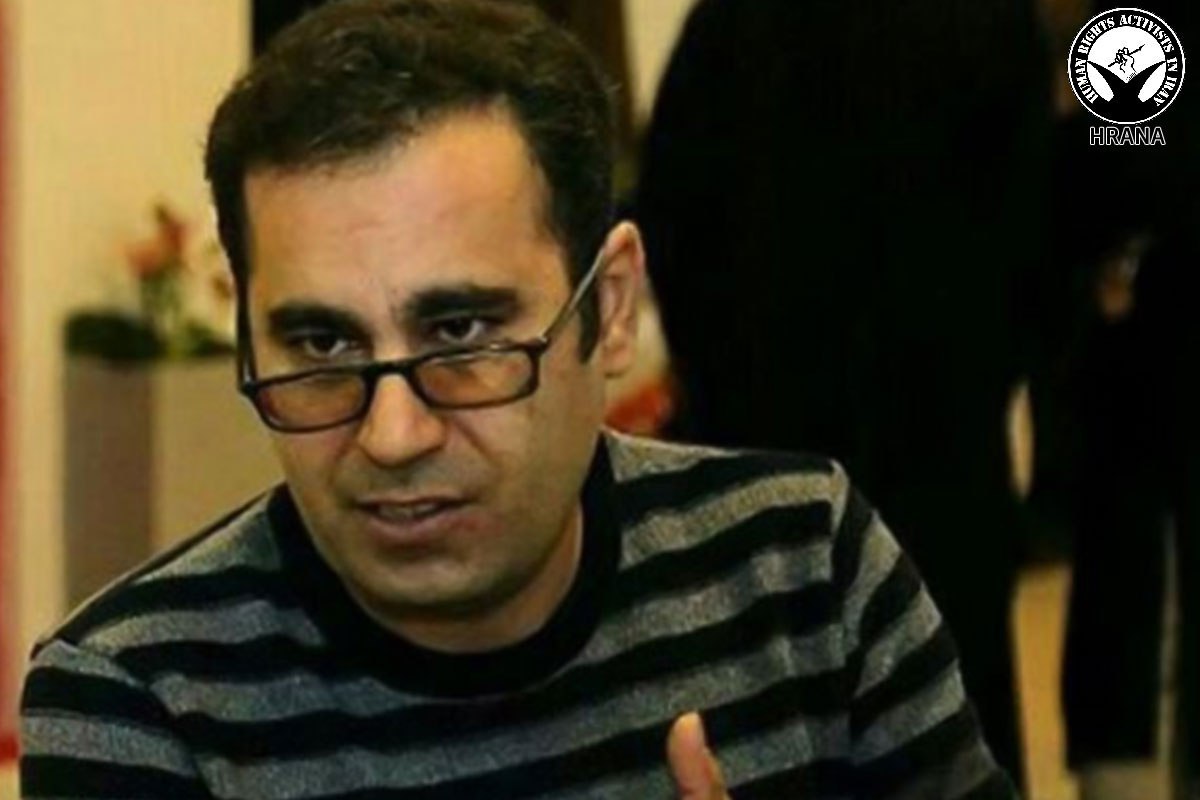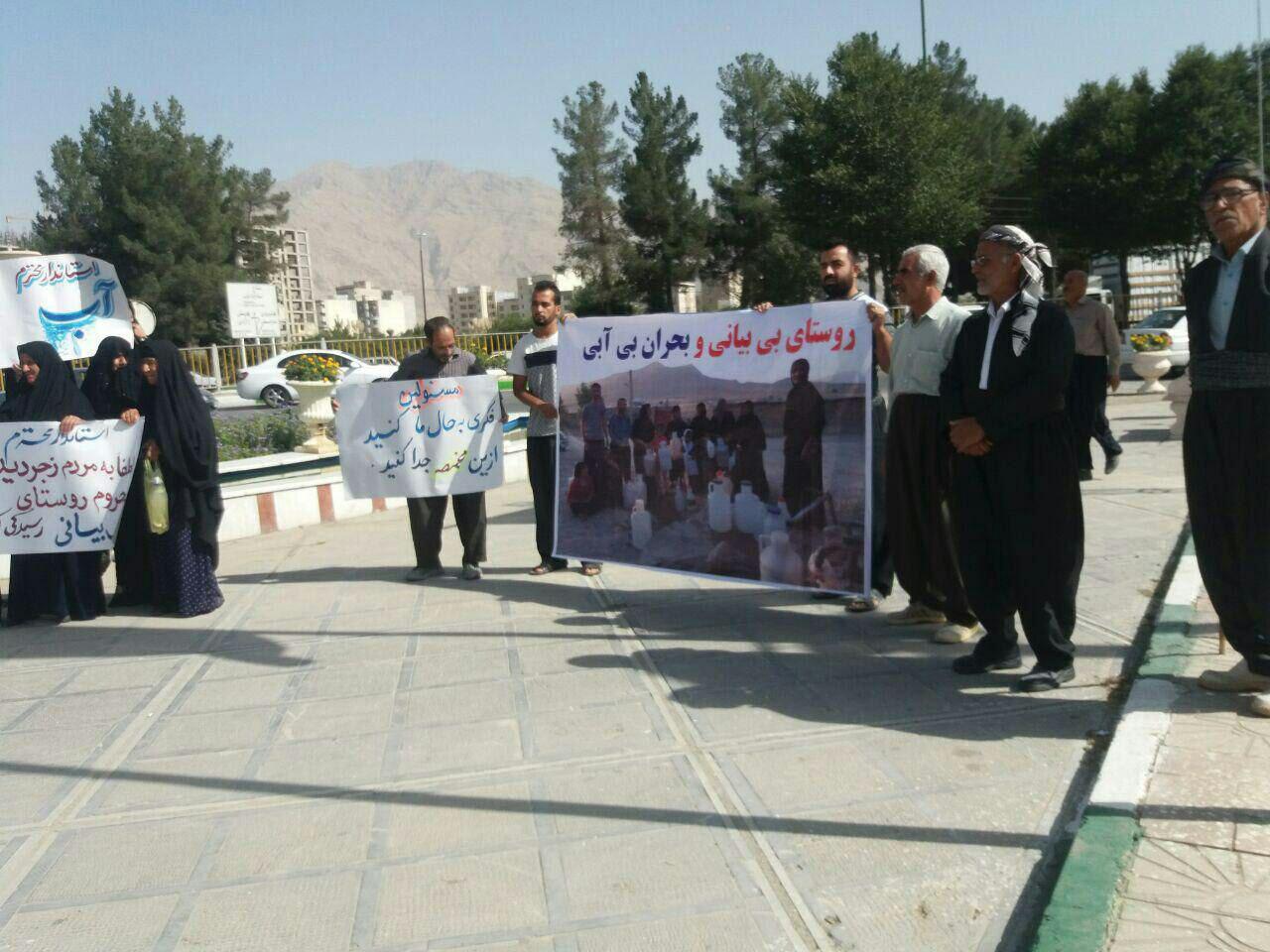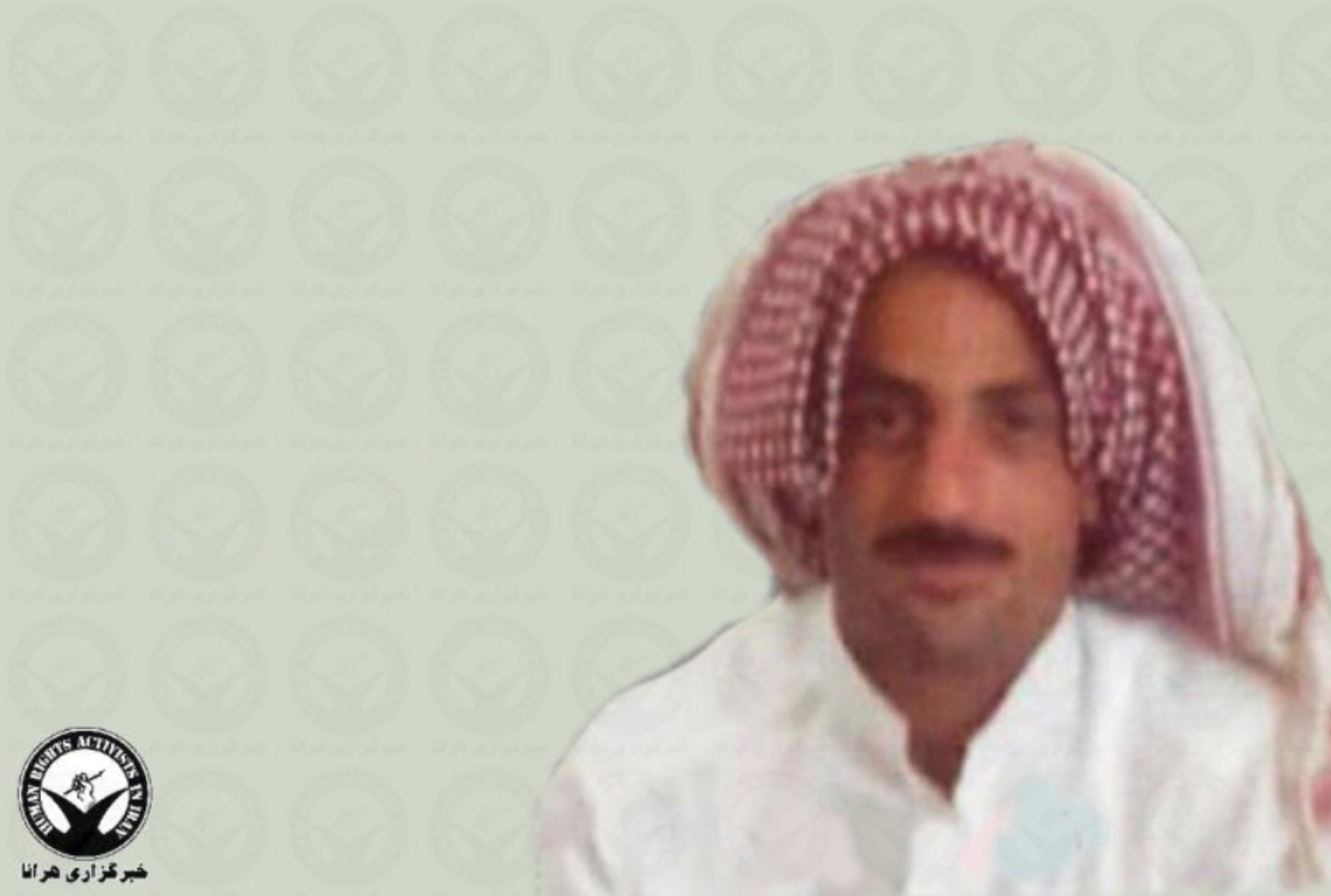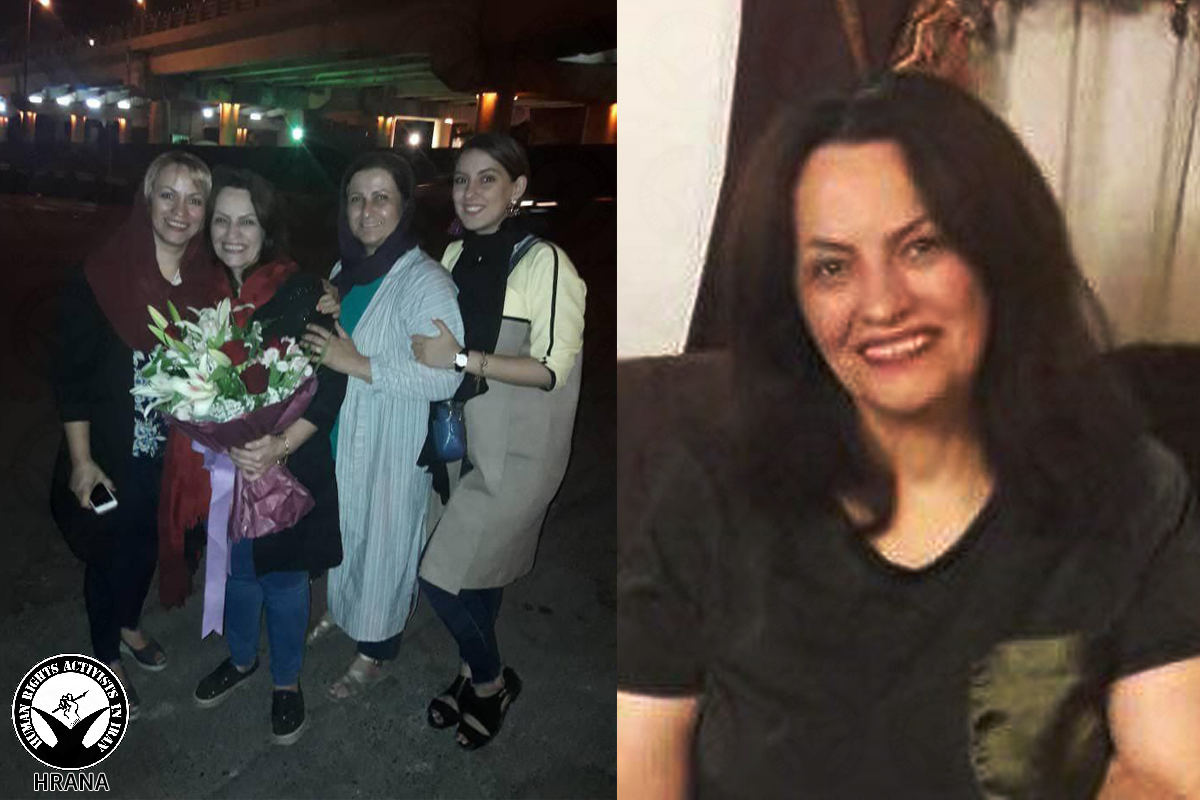Human Rights Activists News Agency (HRANA) – Amid hopes that ailing prisoner Mohammad Habibi would be released for medical treatment, he was instead transferred from the Great Tehran Penitentiary to the Quarantine Ward of Evin Prison on Monday, September 3, 2018.
Despite suffering from a kidney condition, the union activist and member of the board of directors of the Teachers’ Union Association of the Province of Tehran was previously denied care on a prior release to the hospital.
A source close to Habibi’s family confirmed news of the Evin transfer to HRANA, adding that Habibi had updated his family on the phone and told them of a pending transfer from the Quarantine Ward to the General Ward, scheduled for Tuesday.
The source detailed Habibi’s difficulties thus far in getting adequate care. “According to a letter from a supervisory court official dated July 8 of this year, Habibi was to receive urgent medical attention. However, for unknown reasons, this letter was never delivered to Habibi. He only saw the letter ten days ago while seeking care at the internal clinic of Great Tehran Penitentiary, at which point he discussed it with officials and was transferred to Imam Khomeini Hospital.
In absence of a practicing nephrologist at Imam Khomeini Hospital, Habibi was examined by a general practitioner who recommended immediate admission for specialized testing and possible surgery. Though eight days have passed since this exam, authorities have yet to follow up on the recommendation, as his family grows ever more concerned about his health.
On August 4, 2018, Mohammad Habibi’s attorney Amir Raeisiyan reported that his client was sentenced to ten and a half years’ imprisonment, despite the fact that the maximum cumulative prison sentence for all of Habibi’s charges would be seven and a half years. At that time Habibi was subjected to the additional penalties of 74 lashings, a two-year ban on civic activities, and a two-year travel ban.
Prior to this, in separate open letters and press releases, the International Trade Union Confederation, the Council for Coordination of Teaching Syndicates, 6,500 teachers and civil society activists, and over 100 educators — all alumni of Shahid Rajai University– demanded his immediate release, and that attention is paid to his medical condition.
Habibi was previously arrested at his place of employment on March 3, 2018, and jailed for 44 days. On April 15, 2018, he was released on a bail of approximately $50,000 USD.
On May 10, 2018, the Council for Coordination of Teaching Syndicates urged teachers, be they retired or employed, to assemble in protest across the country. In Tehran, several of those who responded to the call were arrested and transferred to Evin Prison; all but Habibi were released on bail three days later.
Mohammad Habibi has remained in custody since, and according to a letter from his HR office, is no longer receiving his salary.




